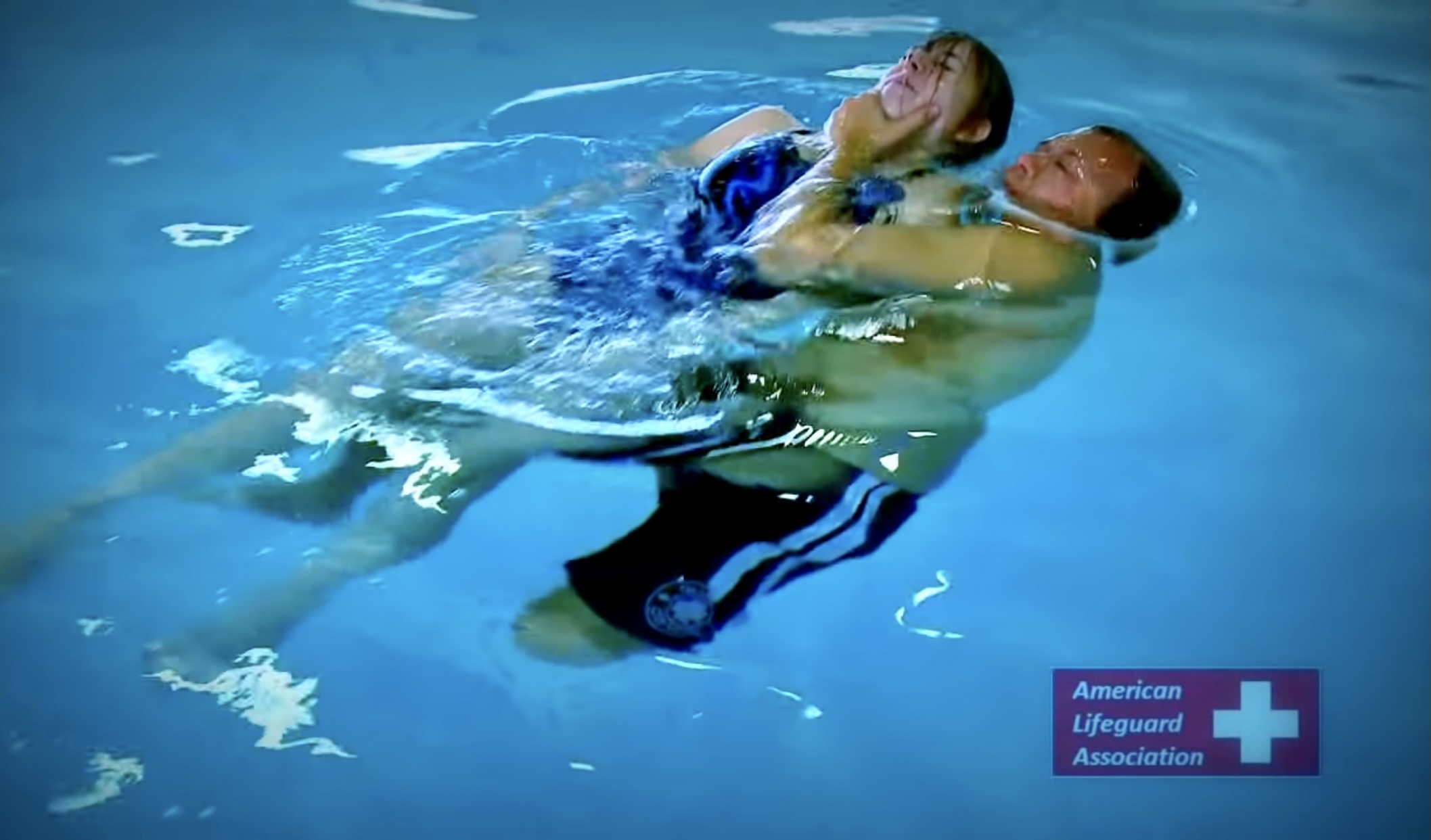Lifeguarding is a rewarding career that offers the opportunity to save lives and ensure the safety of swimmers. However, choosing the right lifeguard class can be daunting given the variety of options available. This guide will help you navigate through the selection process, ensuring you find a class that fits your needs and goals. The American Lifeguard Association provides comprehensive training programs to help you achieve your certification.
Understanding the Importance of Lifeguard Certification
Becoming a certified lifeguard involves rigorous training that equips you with essential skills. Certification is crucial for ensuring lifeguards can respond effectively to emergencies, perform rescues, and provide first aid. The certification from a reputable organization like the American Lifeguard Association is recognized nationwide, making it easier to find employment.
Key Considerations When Choosing a Lifeguard Class
-
Accreditation and Recognition
- Ensure the lifeguard class is accredited by a recognized organization such as the American Lifeguard Association. Accreditation guarantees that the training meets national standards and is widely accepted by employers.
-
Course Content and Structure
- A comprehensive lifeguard class should cover essential skills such as water rescue techniques, CPR, first aid, and the use of automated external defibrillators (AEDs). Look for classes that provide both theoretical knowledge and practical hands-on training.
-
Instructor Qualifications
- Qualified instructors are crucial for effective training. Ensure the instructors are certified and have extensive experience in lifeguarding and emergency response.
-
Class Format and Schedule
- Consider whether you prefer in-person or online classes. In-person classes often provide better hands-on training, while online classes offer flexibility. Additionally, check the schedule to ensure it fits your availability.
-
Cost and Value
- Compare the costs of different lifeguard classes. While some may be more expensive, they might offer better training facilities or additional certifications. Assess the value for money based on the quality of training provided.
Types of Lifeguard Classes Offered by the American Lifeguard Association
-
Basic Lifeguard Training
- This course covers fundamental skills required for lifeguarding, including water rescues, CPR, and first aid. It is ideal for beginners looking to start their lifeguarding career.
-
Advanced Lifeguard Training
- For those seeking to enhance their skills, advanced training includes more complex rescue techniques, advanced first aid, and leadership skills. This is suitable for experienced lifeguards aiming for senior positions.
-
Waterfront Lifeguarding
- This specialized training focuses on lifeguarding in natural water settings such as lakes, rivers, and oceans. It includes unique rescue techniques and safety measures pertinent to these environments.
-
Pool Lifeguarding
- Tailored specifically for pool environments, this class covers the specific challenges and safety protocols associated with pool lifeguarding.
-
Lifeguard Instructor Certification
- For those interested in teaching lifeguarding, this certification allows you to train and certify new lifeguards. It includes advanced training techniques and instructional skills.
Read more informative article click here.
Benefits of Completing a Lifeguard Class
-
Career Opportunities
- Completing a lifeguard class opens up various career opportunities in public and private pools, beaches, water parks, and resorts. The certification from the American Lifeguard Association is highly respected, enhancing your job prospects.
-
Life-Saving Skills
- The training provides you with critical life-saving skills that are valuable not just in lifeguarding but in everyday situations. Knowing how to perform CPR and first aid can make a significant difference in emergencies.
-
Physical Fitness
- Lifeguard training is physically demanding, helping you stay fit and healthy. It improves your swimming skills, strength, and endurance.
-
Personal Development
- Lifeguard training fosters important personal qualities such as responsibility, leadership, and the ability to stay calm under pressure. These skills are beneficial in all aspects of life.
How to Enroll in a Lifeguard Class
-
Research and Select a Class
- Start by researching available lifeguard classes offered by the American Lifeguard Association. Evaluate them based on the factors discussed above to select the one that best suits your needs.
-
Meet the Prerequisites
- Ensure you meet the prerequisites for the class, such as minimum age requirements and swimming proficiency. Some classes may require prior certification or experience.
-
Register for the Class
- Once you’ve chosen a class, complete the registration process. This may involve filling out forms, providing proof of prerequisites, and paying the course fee.
-
Prepare for the Training
- Preparation is key to success in any training program. Ensure you are physically fit and practice your swimming skills. Familiarize yourself with basic first aid and CPR techniques.
-
Attend and Participate
- Attend all sessions and actively participate in the training. Practical exercises are crucial for mastering the skills taught. Don’t hesitate to ask questions and seek clarifications.
Maintaining Your Lifeguard Certification
Lifeguard certification is not a one-time achievement. It requires regular renewal and ongoing training to keep your skills sharp. The American Lifeguard Association offers recertification courses to help you stay updated with the latest techniques and protocols. Read more informative article click here.
Final Words
Choosing the best lifeguard class involves careful consideration of various factors, including accreditation, course content, instructor qualifications, and cost. By selecting a class offered by a reputable organization like the American Lifeguard Association, you can ensure high-quality training that prepares you for a successful lifeguarding career. Whether you are just starting or looking to advance your skills, there is a lifeguard class tailored to meet your needs. Investing in the right training not only enhances your career prospects but also equips you with invaluable life-saving skills.
